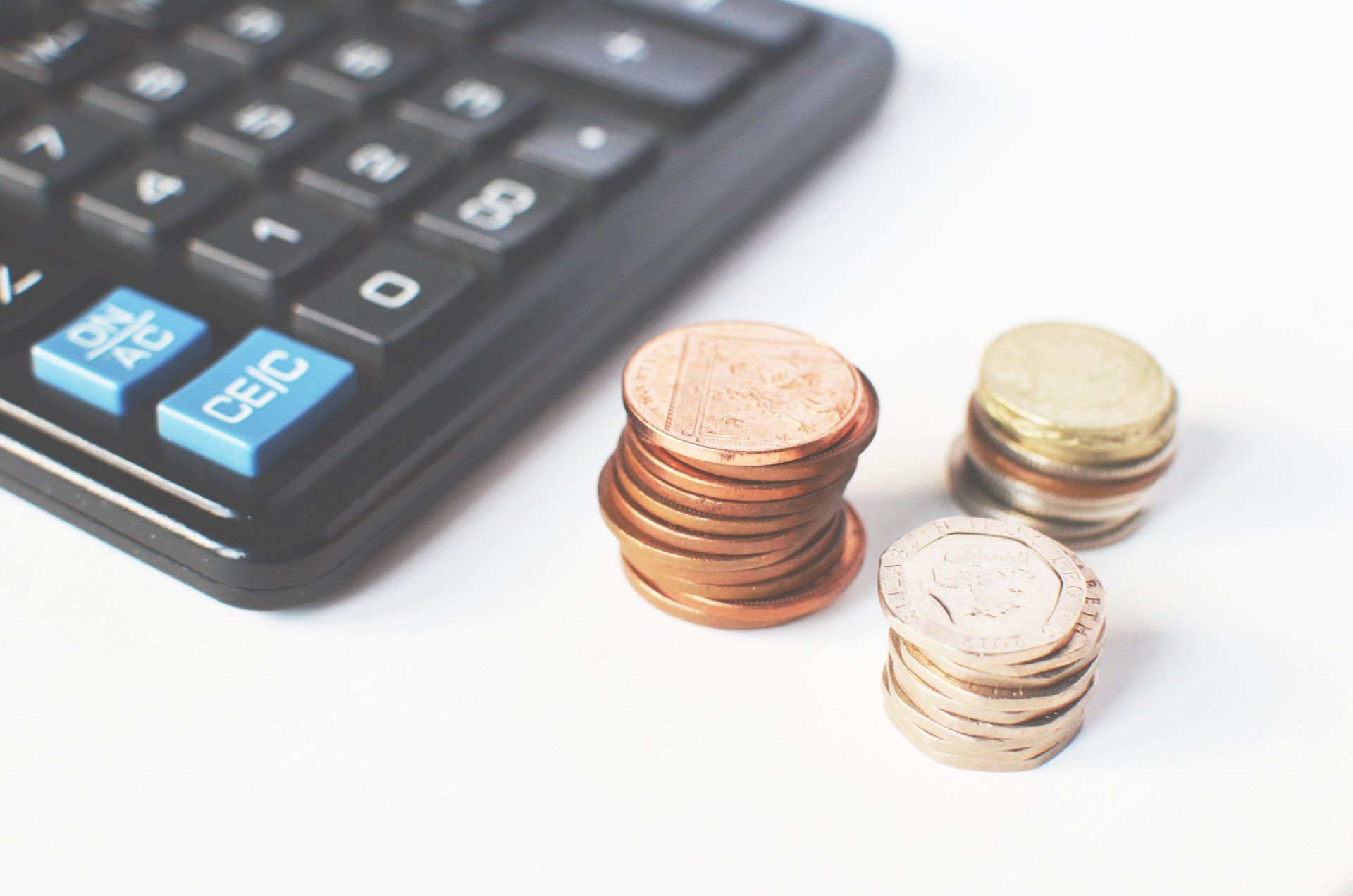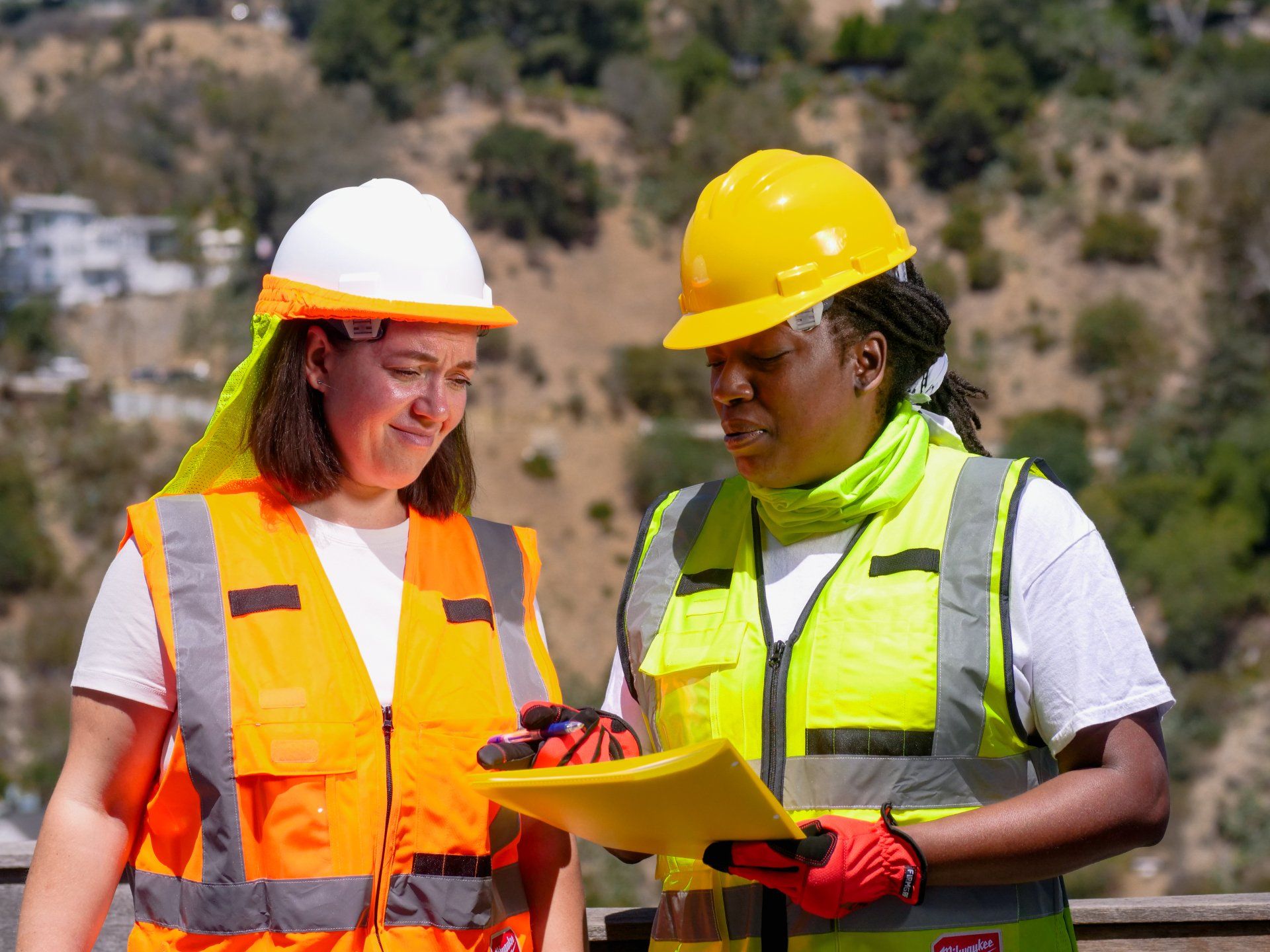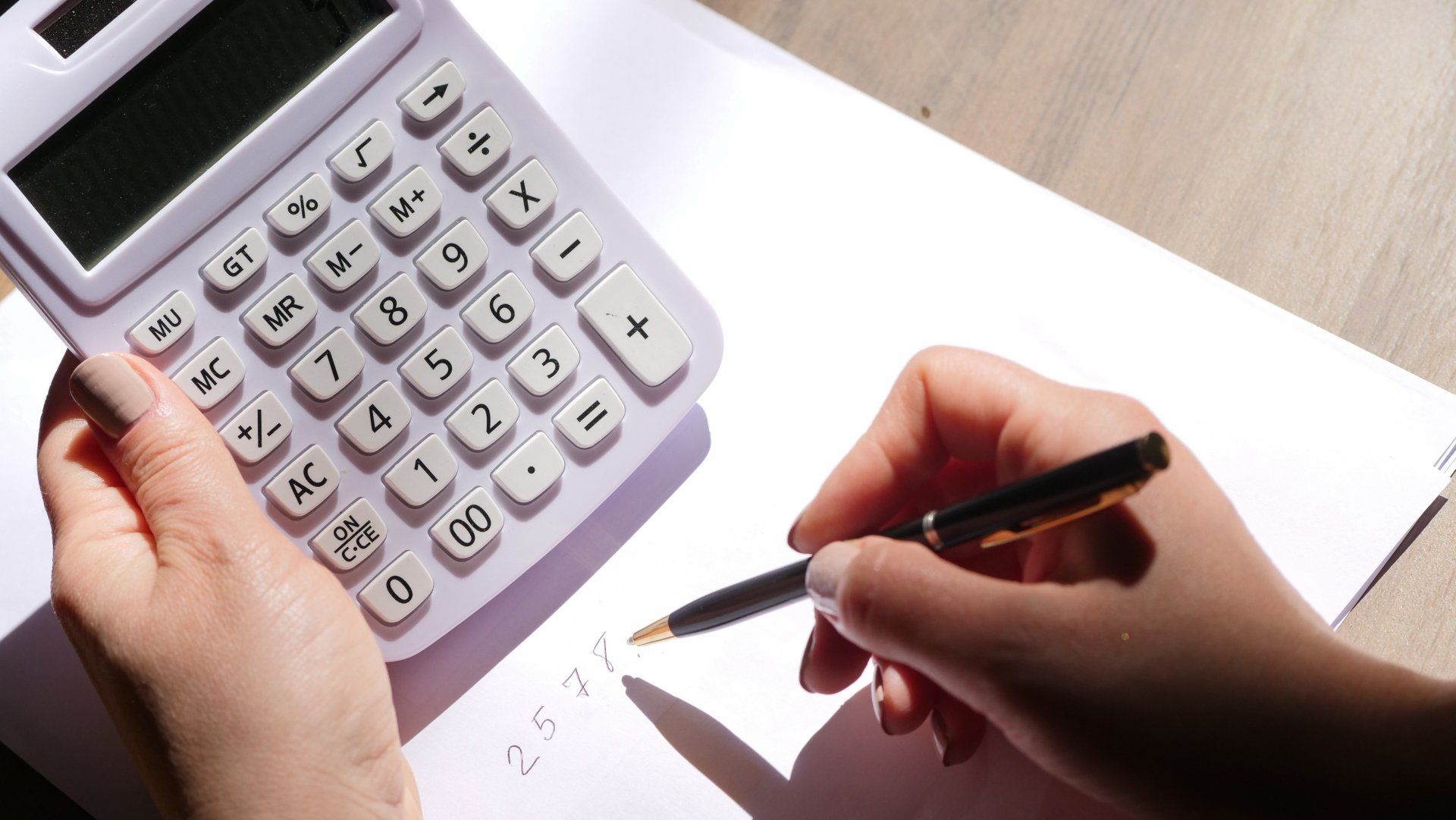Registering for Self Assessment with HMRC
Tax Simplified 4 You | 19 October 2021
It is your responsibility to tell HM Revenue & Customs (HMRC) if you think you need to complete a tax return.
If you complete a Self Assessment tax return, you need to include all of your taxable income, and any capital gains. You also claim any tax allowances or reliefs that you are entitled to on the tax return.
You can send the form to HMRC either on paper or online. The information on the tax return is used to calculate your tax liability. This process is called Self Assessment.
Who Needs to Complete a Self Assessment Tax Return?
Most people in the UK pay all their tax ‘at source’, for example, through Pay As You Earn (PAYE) if they are employed, and are not required to file a tax return.
Self Assessment, therefore, does not affect everyone and you will normally only need to complete a form if one or more of the following apply to you:
- You are working for yourself – you are self employed
- You are a partner in a partnership business;
- You are a minister of religion – any faith or denomination;
- You are a trustee or the executor of an estate.
You also might need to complete a Self Assessment tax return if:
- You are a company director, if you have income that is not taxed under PAYE;
- You have untaxed income. This could be, for example, interest that is not taxed before it is paid to you or rental income. If you are an employee or a pensioner and the income (profit) is less than £2,500 a year you might not have to complete a tax return but it is still your responsibility to report such income by contacting HMRC. If you receive other untaxed income and the tax due on it cannot be collected via your PAYE coding notice you will need to complete a tax return;
- You receive regular annual income from a trust or settlement, or you receive income from the estate of a deceased person and further tax is due;
- You have foreign income on which UK tax is due (although there is an exclusion if your foreign income consists solely of less than £300 of dividend income).
- You are non-resident and you have taxable income in the UK. This includes non- UK resident landlords. You can find out more on GOV.UK;
- You have income from savings and investments of £10,000 or more before tax;
- You have annual income of £100,000 or more before tax;
- You or your partner receive child benefit and your adjusted net income is over £50,000. This is because of the high income child benefit charge;
- You have tax due at the end of the year that cannot be collected via your PAYE coding notice in a later year;
- Your untaxed income is £2,500 or more – but if you are a pensioner, you may be able to pay your tax through your PAYE Coding Notice;
- Your claims for employment expenses are £2,500 or more;
- You have capital gains where:
1. You have given away or sold assets worth £49,200 or more for 2021/22; or
2. You have a capital loss but your gains net of any losses are more than the annual exemption for 2021/22 of £12,300; or
3. You have no losses to claim but your gains are more than the annual exemption for 2021/22 of £12,300; or
4. You need to make any other capital gains tax claim or election for the year.
HMRC may also want you to complete a Self Assessment tax return for other reasons.
Note that if HMRC have sent you a tax return or a notice to complete one, then you must fill it in and return it by the due date unless there is a good reason you do not need to be in Self Assessment and HMRC agree to cancel it.
See below on what to do if you no longer need to complete a self assessment return.
There is a tool on GOV.UK to help you understand if you need to do a tax return.
Note that you if you dispose of UK residential property and you have capital gains tax to pay, then you must file a separate return within 30 days of the disposal. Similar rules apply if you are non-resident in the UK and you dispose of UK land or property, even if there is no capital gains tax to pay.
Information you need when registering for self assessment
If you need to complete and file a tax return and didn’t send one last year, you’ll need to register for Self Assessment. There are different ways to register, determined by whether you’re self-employed, not self-employed or registering as a partner in an ordinary partnership.
If you’re self-employed or soon planning to become a sole trader, you can register online. It’s a simple and relatively quick process, during which you’ll be asked to input your:
- National Insurance number
- Full name (and any previous names)
- Current address (and when you
moved in)
- Date of birth
- Gender
- Phone number
- Email address
- Whether you’ve registered previously
for Self Assessment.
You will also be asked basic information about your new sole trader business.
After you’ve completed the questions, HMRC will create your account. You’ll then receive a letter with your Unique Taxpayer Reference (UTR) number within 10 days (21 if you’re based overseas). You’ll need your UTR to file your Self Assessment tax return. You’ll then receive another letter with an account activation code. Once activated, you can file your tax return at any time before the deadline.
Notifying HMRC
If you’re starting out in self-employment, you should let HMRC know straight away by registering for Self Assessment, but you cannot register if you’re not starting your sole trader business within 28 days.
You must register by 5 October after the end of the tax year where you are required to file a tax return. So, for example, if you need to file for the 2020/21 tax year, which starts on 06 April 2020 and ends on 05 April 2021, you should register by 5 October 2021. If you fail to notify HMRC before this date, you may face a late notification penalty.
If you’re a partner in a partnership, you will need to register for self assessment using form SA401. You will also need to register the partnership for self assessment using form SA400.
If you’ve filed online before, you can sign into your existing account using your Government Gateway user ID and password to register online.
It is worth noting that if you notify HMRC after 5 October, provided you have paid your income tax liability in full by the usual 31 January payment deadline, HMRC may reduce the late-notification penalty to zero. Note in these circumstances that you should also make sure you file your tax return on time.
What do you do if you no longer need to complete a self assessment tax return?
If your circumstances have changed and you think you no longer need to complete a tax return, for example, because you pay all your tax under PAYE, let HMRC know as soon as possible. You can contact HMRC using the details on GOV.UK.
If you have already received a tax return for a year, HMRC might agree to cancel it, if you explain your circumstances to them over the telephone. If they agree to withdraw the return, you will no longer need to submit it and any penalties for missing the filing deadline will be cancelled.
If HMRC do not agree, however, they may ask you to complete the return and to tell them about the change in your circumstances in the Additional Information boxes.
They might also agree to cancel the tax return, but instead issue you with a Simple Assessment, if they think you have not paid enough tax.
If you have not received a notice to file a return for the year but think you might receive one, contact HMRC and let them know why you think you no longer need to complete a Self Assessment return – you might be in time to stop them issuing one.
Submission deadlines
If you have to file a Self Assessment tax return, you normally have:
- until 31 October to do so, if you choose to submit a paper tax return;
- or until the following 31 January if you file online.
This means you have an additional three months for online filing compared with paper.
HMRC take the date of the first return received by them and this also triggers any late filing penalty. For example, if you file a paper return for 2020/21 after 31 October 2021, you cannot avoid a late filing penalty by filing the return online before 31 January 2022.
When you first register for Self Assessment, you may need to consider the following submission deadlines too:
- If you want HMRC to calculate your tax
- If HMRC issue you with a tax return before 31 August, you have until 31 October to submit it on paper;
- If HMRC send you a tax return to complete on or after 1 September, you have two months from the date of issue to complete and submit the paper form;
- If you are happy to calculate your own tax liability (if you submit online, the software will automatically calculate the tax due)
- If HMRC ask you to submit a tax return before 31 July, you must submit the return on or before 31 October (paper) or on or before 31 January (online);
- If HMRC ask you to submit a Self Assessment tax return after 31 July but by 31 October, you must submit the return within three months of the date of the notice (for paper returns) or on or before 31 January (for online returns);
- If HMRC ask you to submit a Self Assessment tax return after 31 October, you must submit the return (whether paper return or electronic) within the three months beginning with the date of the notice.
Get in touch if you're not sure if you need you need to prepare a tax return and to see if we can help.









